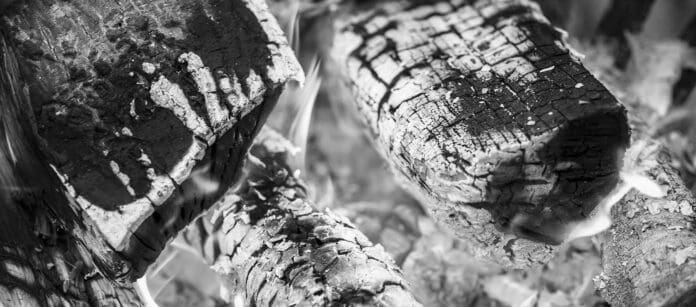MNDNR.GOV
The Minnesota Department of Natural Resources is lifting open fire restrictions in Cook, Koochiching, Lake, and the northern portion of St. Louis counties, effective Friday, October 25 at 12:01 a.m. Recent rain and improved humidity have reduced, although not eliminated, wildfire risk in northeast Minnesota.
This action lifts restrictions on state and private lands, including those placed on campfires in dispersed, remote, backpacking, or backcountry areas; burning of brush or yard waste; and fireworks use outside city limits. While campfires are now allowed, burning permits are required, as always, for anything larger. The activation of burning permits will be managed locally, based on conditions.
This lifting of open fire restrictions aligns with the lifting of restrictions by the U.S. Forest Service for the Superior National Forest and the Boundary Waters Canoe Area Wilderness, and the Tribal nations of Grand Portage Band of Lake Superior Chippewa and Bois Forte Band of Chippewa for their respective Tribal lands.
While the 8 to 14-day outlook published by the National Weather Service shows positive signs for higher chances of precipitation in Northeast Minnesota, people are encouraged to stay alert as fire danger can change quickly with a few warm or windy days.
“While conditions have improved, fire danger remains a concern with how dry it’s been,” said Karen Harrison, DNR wildfire prevention specialist. “At this time of year, wildfires can become large and spread rapidly. As leaves fall and vegetation continues to dry out, it’s important for people to be cautious with anything that can cause a spark.”
Harrison offers the following specific guidance:
Get a burning permit for any large fire and activate it the day you plan to burn. Activation of burning permits will be decided based on local conditions.
Be safe with campfires. Keep it small (3 feet in diameter by 3 feet in height or smaller) and in an established fire ring. Never leave a fire unattended and drown-stir-repeat until it is out cold before you leave. If it is too hot to touch, it is too hot to leave.
Make sure Off Highway Vehicles have a spark arrestor and park them on pavement or gravel when possible, to avoid igniting a wildfire.
The DNR will continue to monitor conditions and adjust county-specific burning restrictions as necessary. The health and safety of the public and firefighters is paramount. Check the fire danger and burning restrictions map for current information at mndnr.gov/burnrestrictions.




